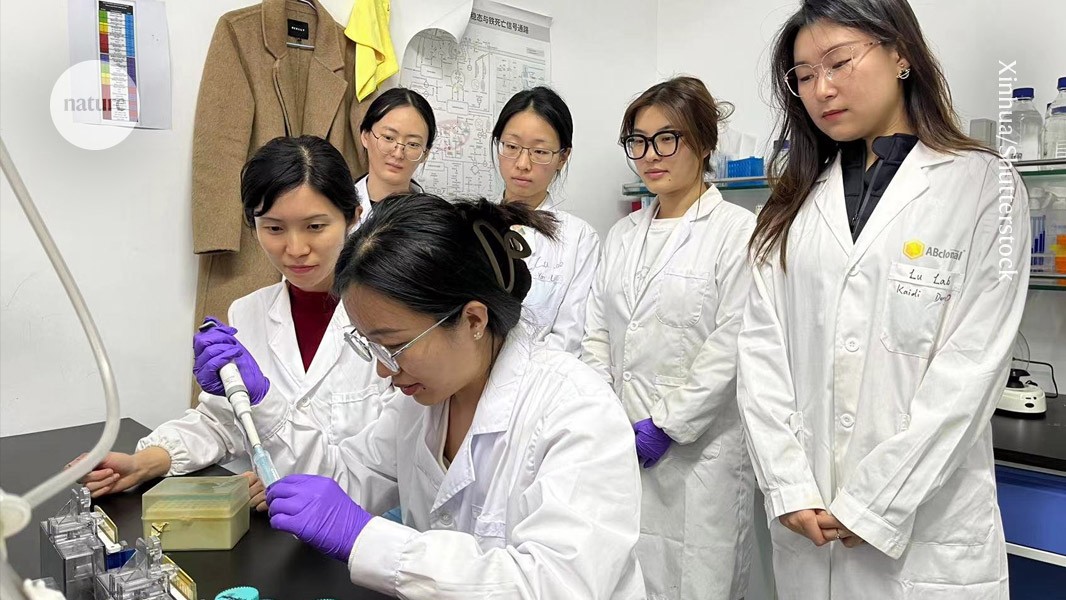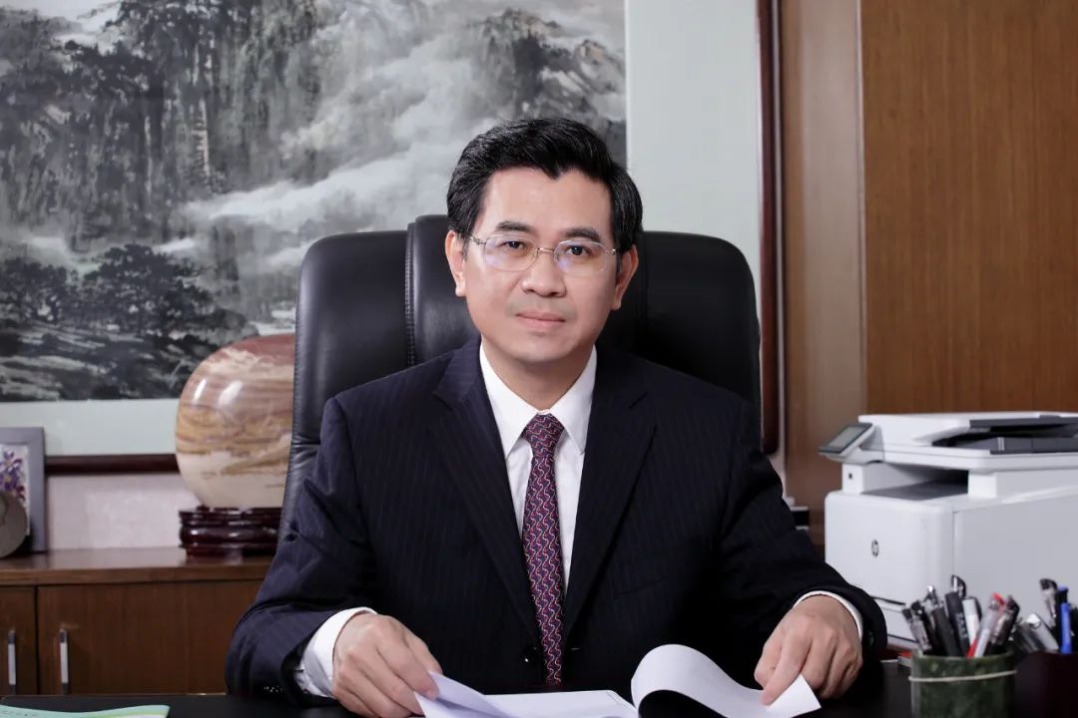Send us a link
Majority of Polled Scientists Considering Leaving United States, Signaling “Brain Drain”
Majority of Polled Scientists Considering Leaving United States, Signaling “Brain Drain”
After an onslaught of funding cuts, firings, and cancelled programs as a result of Trump administration actions, scientists in the United States are feeling targeted. That’s according to the results of a poll published by Nature. In the poll, 75.3% of 1,600 respondents, at least 1,200 of whom were scientists, said they were “considering leaving the country following the disruptions to science prompted by the Trump administration.”
Lessons from Africa's First Institute for Advanced Study

Move Beyond 'Publish or Perish' by Measuring Behaviours That Benefit Academia
Move Beyond 'Publish or Perish' by Measuring Behaviours That Benefit Academia

Narrative CVs risk worsening the biases they aim to redress
One-size-fits-all approach gives fluent writing an outsize role in research success.
Future Workforce and Educational Pathways Report: What Does the Future Look Like for the Chemical Sciences?
Future Workforce and Educational Pathways Report: What Does the Future Look Like for the Chemical Sciences?
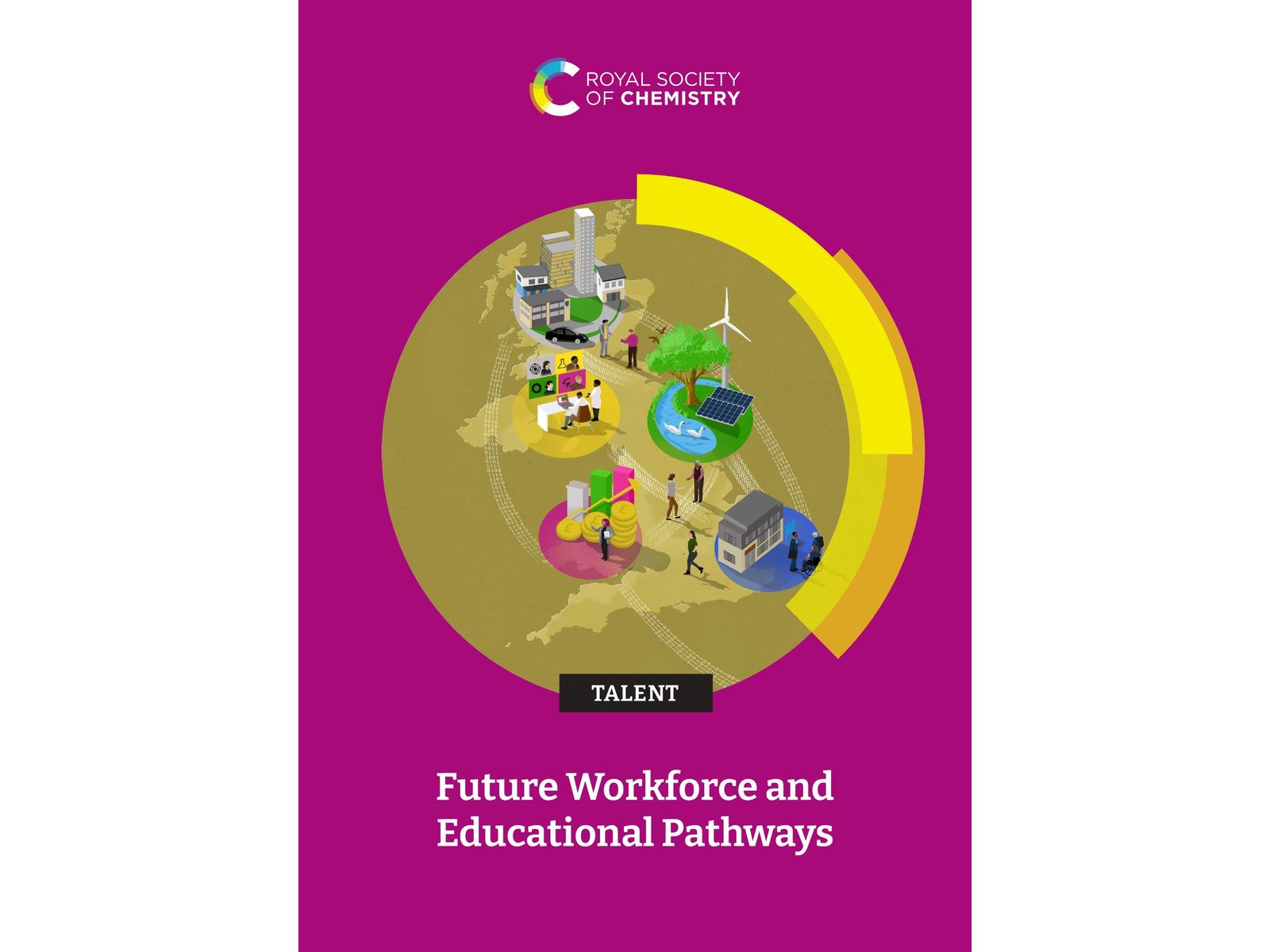
How Hosting Ukrainian Scientists Offers a Template for Supporting Other Scholars at Risk
What Does a Career in Science Policy Entail?

Advising Governments About Science is Essential but Difficult. So Train People to Do It
Advising Governments About Science is Essential but Difficult. So Train People to Do It
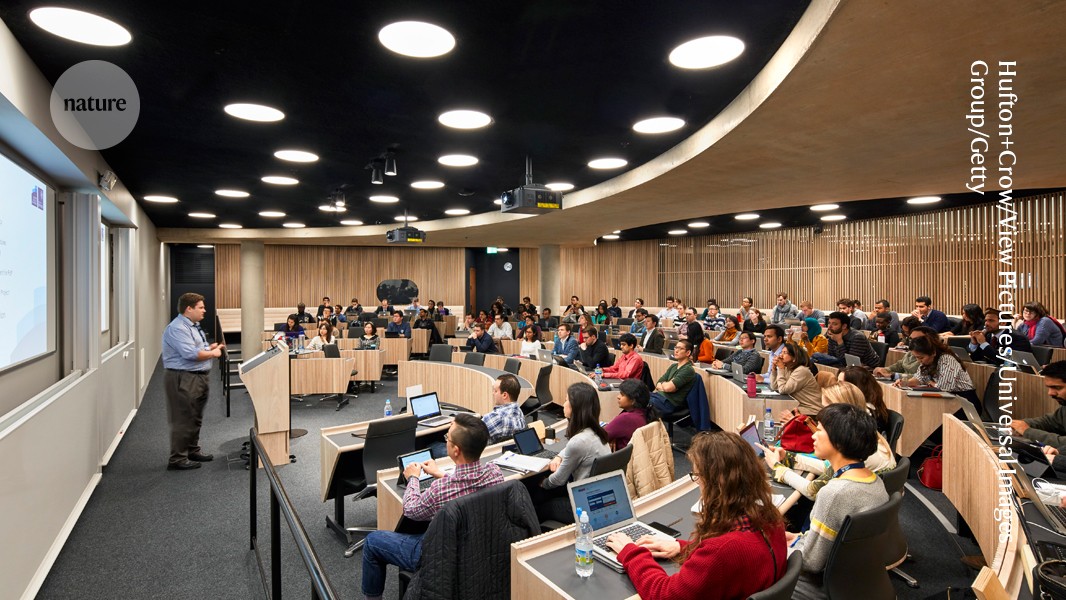
Why Are Successful Scientists Leaving Academia Mid-Career?

How Job-seeking Scientists Should Walk the Line Between High-calibre and Humble
Research Organisations Call for More Funding for Marie Curie Actions
Racial Bias Can Taint the Academic Tenure Process — At One Particular Point
Nearly 50% of Researchers Quit Science Within a Decade, Huge Study Reveals
Japan Moves to Halt Long-term Postgraduate Decline by Tripling Number of PhD Graduates
Teamwork is Good for Science - but Maybe Not for Young Researchers' Careers
Teamwork is Good for Science - but Maybe Not for Young Researchers' Careers

Budding Scientists Inherit Career Success — or the Lack of it — from Their Mentors
Researcher Parents Are Paying a High Price for Conference Travel - Here's How to Fix It
Being Neurodivergent in Academia: How We Stepped Up to Support Others
Japan to Boost Financial Aid for Young Researchers to Revitalize Japan's Global Standing in Technology Research
Japan to Boost Financial Aid for Young Researchers to Revitalize Japan's Global Standing in Technology Research
With the aim of boosting Japan's slumping research capabilities, the education ministry is planning to launch financial support for groups of young researchers engaged in international collaborative research in advanced technologies, such as artificial intelligence and medicine. The support from the ministry will include travel expenses from Japan and costs for organizing research conferences. The ministry hopes the initiative will enhance Japan's research capabilities by facilitating interactions with leading researchers abroad, thus achieving results in promising collaborative research.
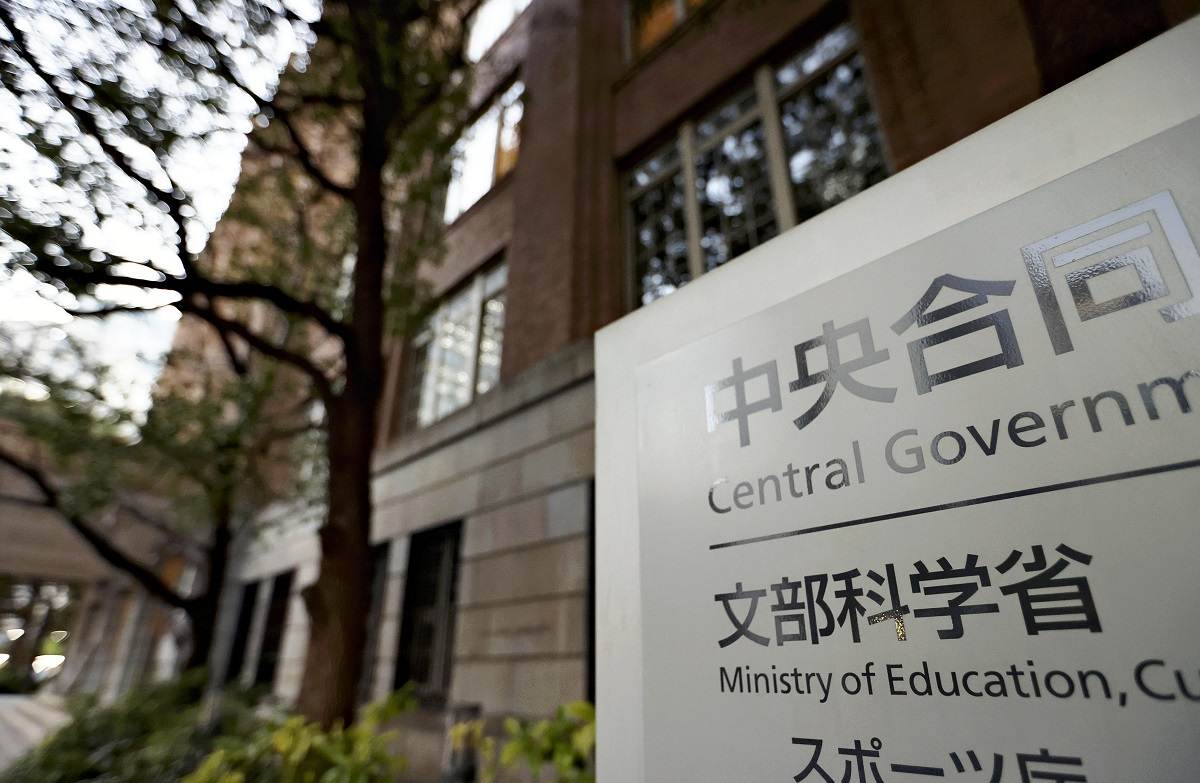
Fewer U.S. Scientists are Pursuing Postdoc Positions, New Data Show
New data released by the U.S. National Science Foundation (NSF) reveal a sharp drop in the number of U.S. citizens working as postdocs, especially in the biological and biomedical sciences.
How to Find Meaning in Your Science Career: Six Expert Tips
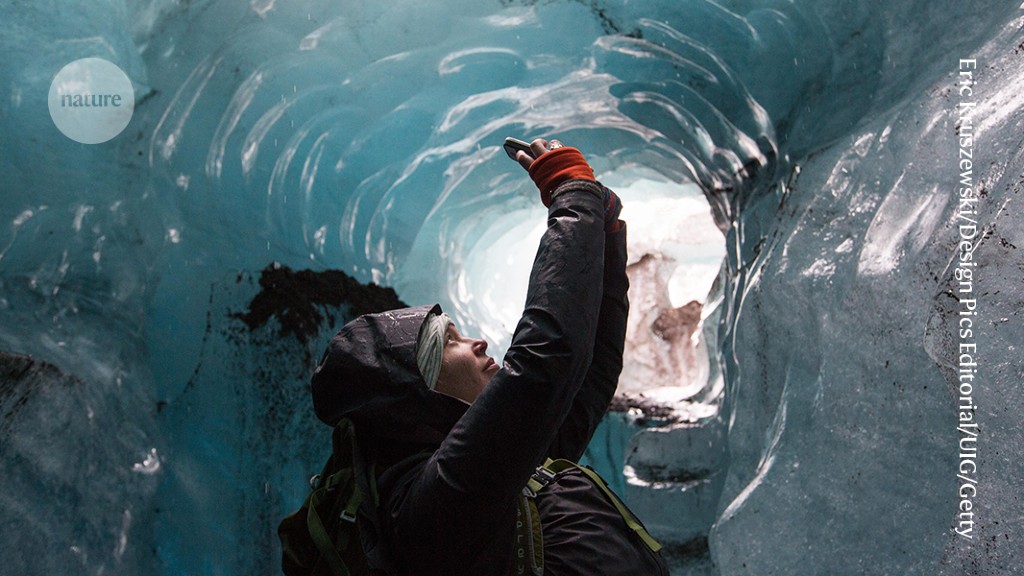
How to Make Academic Hiring Fair: Database Lists Innovative Policies

Announcing Reformscape: a New Online Tool to Explore Responsible Academic Career Assessment and Drive Positive Change | DORA
Announcing Reformscape: a New Online Tool to Explore Responsible Academic Career Assessment and Drive Positive Change | DORA
The San Francisco Declaration on Research Assessment (DORA) is delighted to announce the launch of Reformscape – a new online resource enabling the global academic community to explore and share examples of how to make hiring, promotion and tenure fairer, more robust and more diverse.



